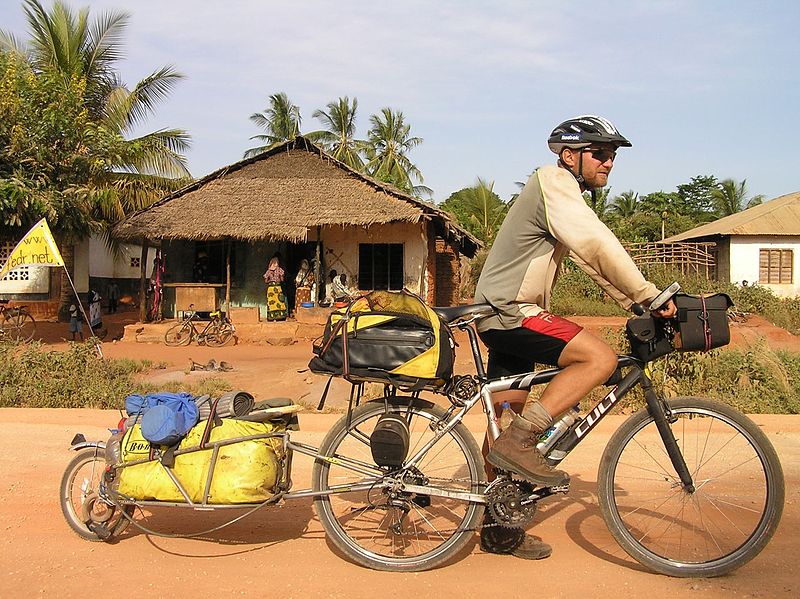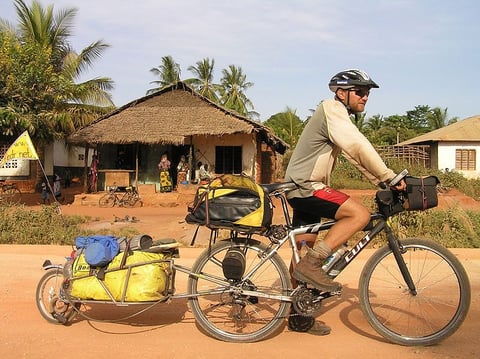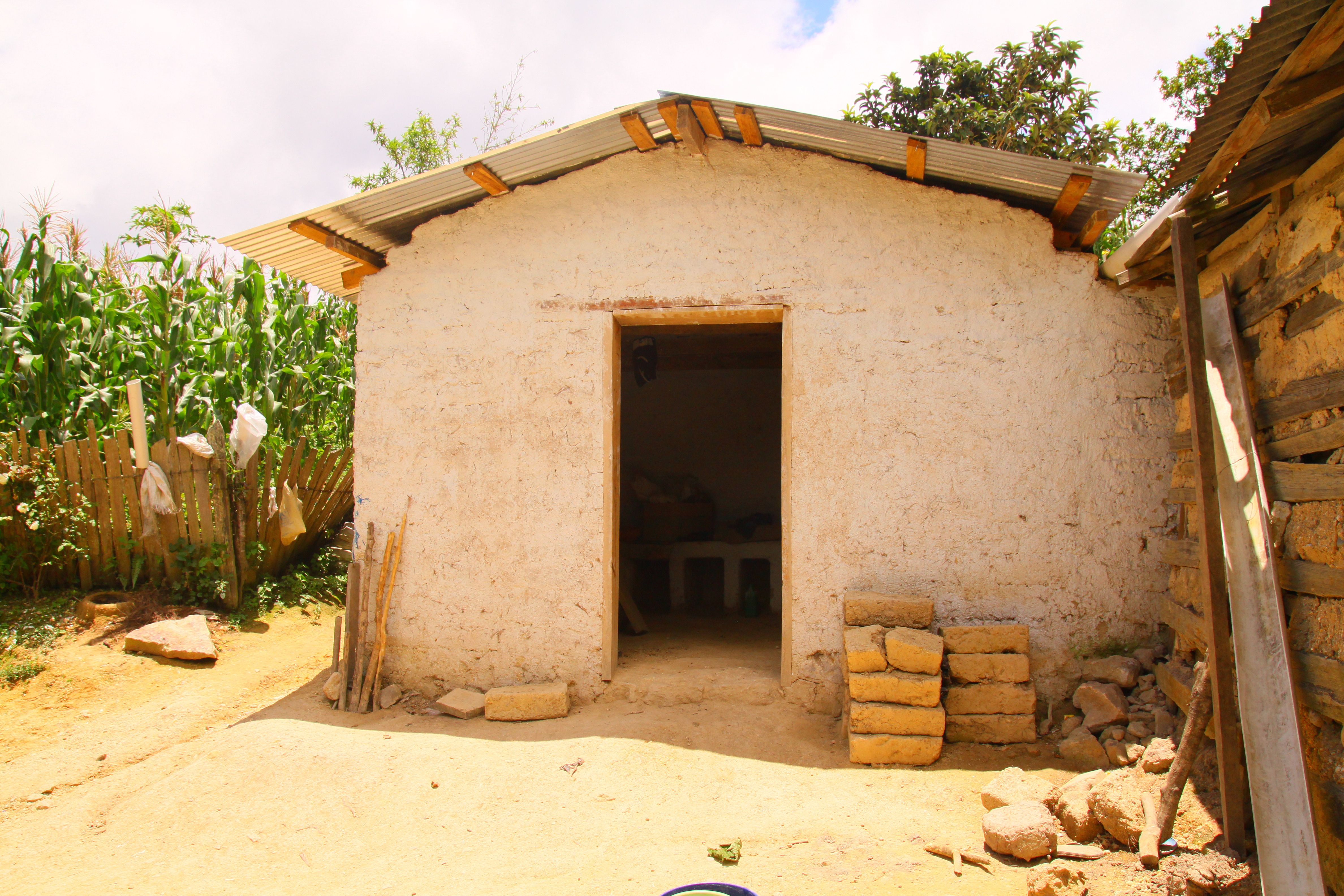The following blog post was written by guest blogger Claire Seigworth. Claire graduated with a B.A. in International Relations and a minor in Spanish Literature from Marquette University. She has traveled to many Latin American countries, studied in Santiago, Chile and worked in Panama for Global Brigades.
As the world becomes more open to tourists and more people travel, people are more mindful of the impact they have on local ecosystems and cultures. The key to this issue is to use the influx of people and money in a way that best serves these communities.
Increasingly, developing countries use sustainable tourism as part of their strategy towards development. As tourism is one of the world’s largest industries, the benefits to developing economies are huge.[1] However, the needs of local people can be overlooked and environmental damage can be devastating to these regions.
In response, some groups within the tourism industry offer guidelines and advice to tourism companies and individual travelers. For example, the Association of Independent Tour Operators has five objectives for its members:
- To protect the environment-its flora, fauna and landscapes
- To respect local cultures-traditions, religions and built heritage
- To benefit local communities-both economically and socially
- To conserve natural resources-from office to destination
- To minimize pollution-through noise, waste disposal and congestion[2]
Individually, one can take some time before a trip and research the destination and lodging. Also, a traveler can learn a bit of the language, culture, and history beforehand. Furthermore, you can support local businesses and tour guides, but make sure that they follow labor rights. For example, to hike to Machu Picchu, the government requires everyone to have a tour guide. However, the cheapest option is not the best option as the porters who carry everything are not paid well. In short, everyone should do a bit of research into the services they purchase.
While the problems of global warming, pollution, and cultural destruction are of a global nature, they are an aggregate of individual choices. If every traveler takes some time and thinks about the consequences of their purchases, the problems caused by increased tourism can be resolved.
A tourist on bike in Tanzania.





